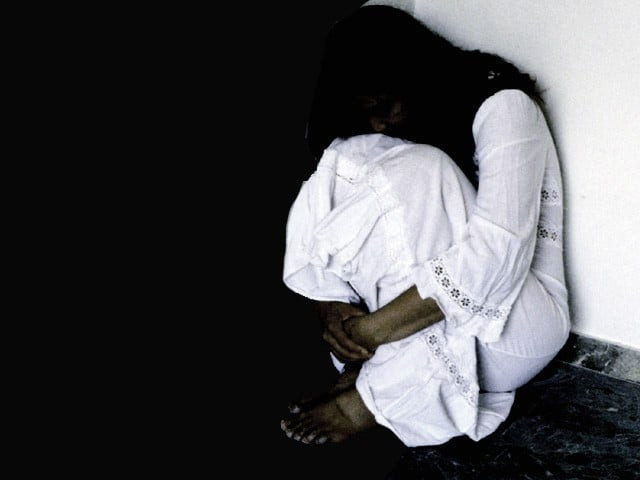‘Police, doctors need special training’
War Against Rape, Equality Now release report on incest.

‘Police, doctors need special training’
One day in 2009, when 10-year-old Sana* returned from work, she was raped by her father. To make both ends meet for the family of seven, her mother, Nusrat*, sent her to work as a full time maid at a house for a salary of Rs3,000 per month.
Since then, Sana had been telling her mother how she could not concentrate on work, while her mother continued to pacify her by blaming her pain on her “growing age.” Sana, now 13, lives at her employer’s house, safe from her father, but not from her nightmares. Psychologist Dr Maliha Latif, who has been treating victims of rape and incest for 18 years, said Sana showed symptoms of post-traumatic stress disorder. Dr Latif said the number of incest cases coming to her over the past few years had increased significantly.
Sana’s lawyer Sabiha Ali Chughtai says the investigation records state that Sana’s nine-year-old-sister is the only witness of the brutality. She said the case had been lying pending in court for two years because it was “weak”. She said despite Nusrat saving her daughter’s clothes from that day, the police did not take the forensic evidence, saying that they will have to wait for the judge’s orders.
She said Sana was taken into custody by her father’s family, who forced Nusrat to withdraw the case. However once, her father, Safdar*, confessed to the crime in police custody, Sana was let go. Meanwhile, she said, the time for the medico legal examination had passed.
“Had the police acted efficiently and taken her clothes from Nusrat, the possibility of proving the rape case would’ve been strong,” Chughtai said. Chughtai alleges that Safdar had bribed police officials.
The procedure of police investigation is a key problem area identified in the report Incest Victims in Pakistan, A Struggle for Justice prepared by the War Against Rape (WAR), Equality Now and Nasreen Welfare Legal Aid Trust. The report, released in January 2012, stated that since police were the first contact with the legal system that the victim had contact with them formed the foundation for the case. However, it said, that from the registering of the FIR and gathering information to the arrests of the perpetrator and following the case in court, police were either desensitised or disinterested in incest cases. Bribing the police by the perpetrators was another major hurdle, it said.
Nusrat said she paid Rs25,000 to the police officers for the DNA test of her husband, which she said, wase never taken. She said she later found out that the actual cost for getting a DNA test was Rs12,000.
The WAR report indicated that female doctors were not trained to conduct medico legal examinations and if these cases did not reach the medico legal officers, the reports were mostly inaccurate.
Sidra Humayun of WAR said most medico legal officers, police officials and even prosecutors doubted the vicitims’ version, thinking that close relations could never commit such heinous crimes.
“Society’s myths are a huge hurdle,” Humayun said.
Dr Saeed Malik, associate professor of Forensic Medicine at Mayo Hospital said that the date for the inauguration of the Punjab Forensic Laboratory had passed long ago. He said when the office of the chief chemical analyst was asked about the reasons behind the delay in reports of rape cases, they responded that they had the workload of the entire province.
The WAR-Equality Now report is based on the study of 10 cases of incest in the Punjab and recommends separate court rooms, in camera sessions and mandatory training of police, prosecutors and medico legal officers for helping incest victims access justice. However, Nusrat said, she had lost faith in justice.
Published in The Express Tribune, February 16th, 2012.



















COMMENTS
Comments are moderated and generally will be posted if they are on-topic and not abusive.
For more information, please see our Comments FAQ